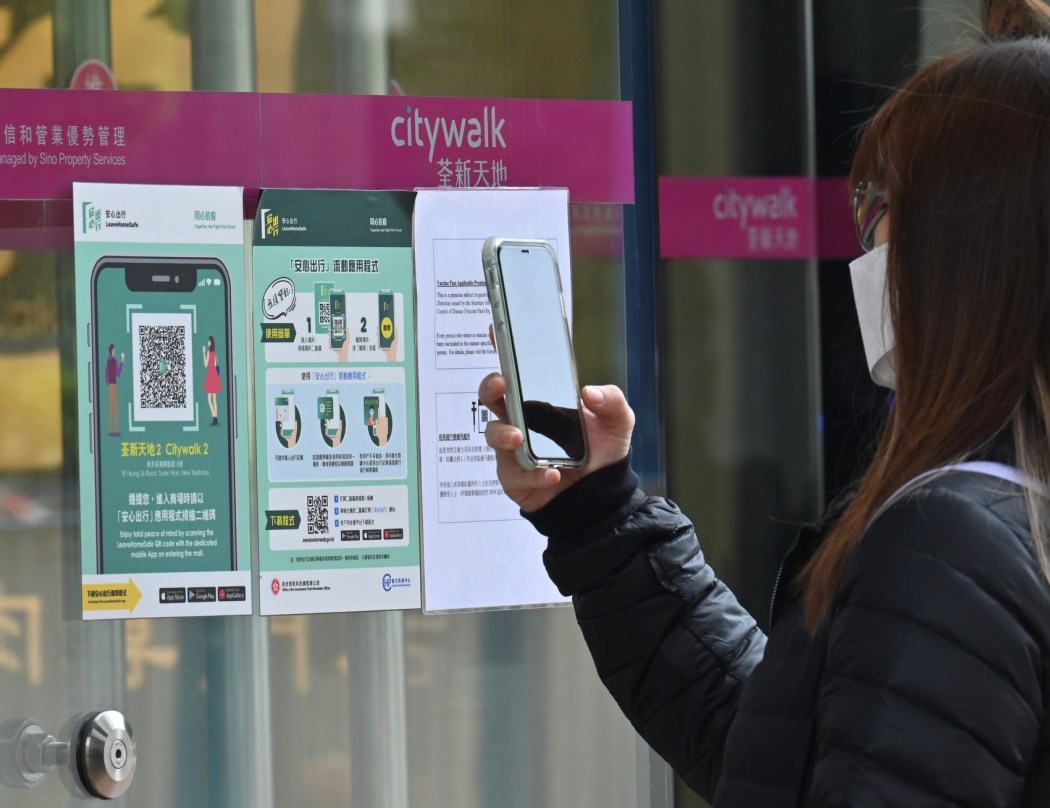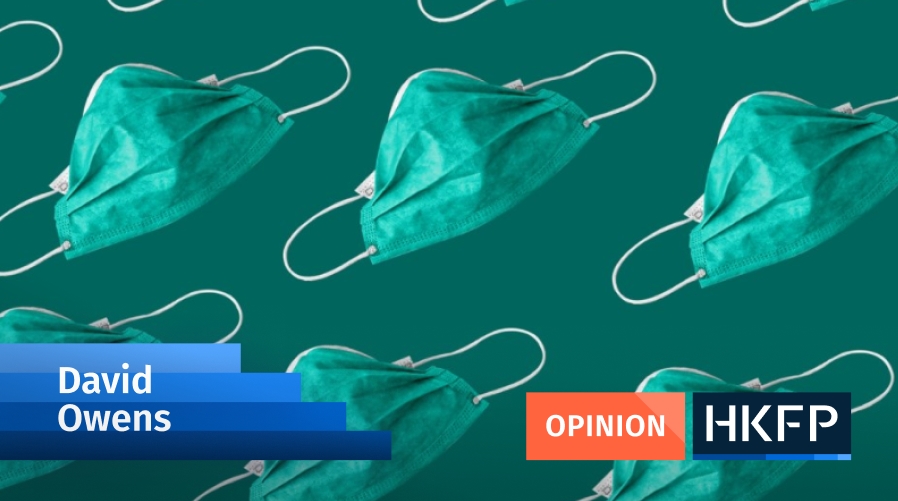A Hong Kong court has rejected an attempt to challenge the government’s amendment of a Covid-19 law, a move which authorised the health minister to void around 20,000 vaccination exemption certificates days after the same court ruled he had no right to do so.
Justice Russell Coleman of the High Court on Thursday refused to grant serial litigant Kwok Cheuk-kin leave to apply for a judicial review of the amendment. Kwok argued there was no “appeal mechanism” for those whose exemption certificates were invalidated under the revised Prevention and Control of Disease (Vaccine Pass) Regulation.

The legislation was amended last week to empower Secretary for Health Lo Chung-mau to declare invalid the jab exemption certificates issued by certain doctors.
The move came less than a week after Coleman ruled in favour of Kwok in his first judicial review over the issue. The judge said at the time that the government had no power to annul certificates issued by seven doctors who allegedly handed them out without conducting proper medical consultations.
In his written judgement on Thursday on Kwok’s second application, Coleman said the government had decided not to appeal against his previous ruling, which he took as an acceptance of it.
“[T]hat acceptance might be seen as an example of the rule of law in action in Hong Kong,” he wrote.
The judge cited some remarks which described the legislative amendment move as “closing the loophole,” which he said was “not really apt.” The phrase “loophole” may suggest that the legislature had intended to give the health minister power to invalidate the jab exemption certificates but had somehow failed to so do, he said. In his previous judgement, however, was the opposite finding that the legislature did not intend to give such powers to the official.

The amendments may have emerged due to “unforeseen circumstances,” Coleman wrote, saying the government might have “simply changed its mind.” The change in circumstances would also include the “understandable wish” of the authorities to punish those who could be proved to have abused the medical exemption certificate system, he said.
“[T]hough amending Cap 599L would not be necessary to achieve that, as demonstrated by the already issued criminal charges and potential professional misconduct charges,” the judgement read.
In rejecting Kwok’s attempt to challenge the amendment, Coleman said the applicant misunderstood the revised legislation if he meant that the affected certificate holders could not regain exemption from the Vaccine Pass requirements.
While there were no express provisions in the amended legislation for the public to “appeal” or “overturn” the invalidation of an exemption proof, there were means for them to be excused from receiving a Covid-19 jab, including using a transitional certificate issued by the health chief.

“There is no absolute bar prohibiting the affected [medical exemption certificate] holders from regaining exemption from the Vaccine Pass requirement,” the judge wrote.
Kwok, dubbed the “king of judicial reviews,” also cited a mainland Chinese news report to say that it was “illegal or unreasonable” to restrict access to particular premises based on vaccination status. His claim was dismissed by Coleman as a “wholesale attack” on the legislation and on the Vaccine Pass “without real direction or particularisation.”
The Vaccines Pass scheme served a legitimate aim of safeguarding public health, the judge said, adding it would help boost vaccination rates and reduce cases of death and severe symptoms.
Lee: Law change shows ‘strong’ rule of law
Chief Executive John Lee had cited the government’s defeat in the judicial review case when rebutting claims that the city “had no human rights.” During an interview with TVB aired last month, Lee said he must condemn a foreign media outlet, without naming them, after they claimed that the Hong Kong authorities were “suppressing the free speech.”
“We just had a case in which the government was being sued and now lost. Hong Kong has no human rights? That’s impossible.” Lee said.

By Tuesday this week, Lee was citing the government’s decision to change the law – following the legal defeat – as being “a very strong example” of the rule of law. He claimed a question from HKFP about concerns over the rule of law was “misleading.”
“The judgement indicates that, well, there is a gap which needs to be filled, and therefore – according to the judgement – we take action fill that gap to ensure the action we take has a strong legal basis,” he said, adding that public health must be protected “speedily and efficiently,” he said during a weekly press conference.
So far, police have arrested 39 people – six doctors, seven clinic staff members and 26 patients – in connection with the allegedly false exemption proof. One doctor is currently wanted by the force. Their alleged offences included making a false instrument, conspiracy to defraud and access to a computer with dishonest intent.
Support HKFP | Policies & Ethics | Error/typo? | Contact Us | Newsletter | Transparency & Annual Report | Apps
Help safeguard press freedom & keep HKFP free for all readers by supporting our team















